Competitors or Enemies?
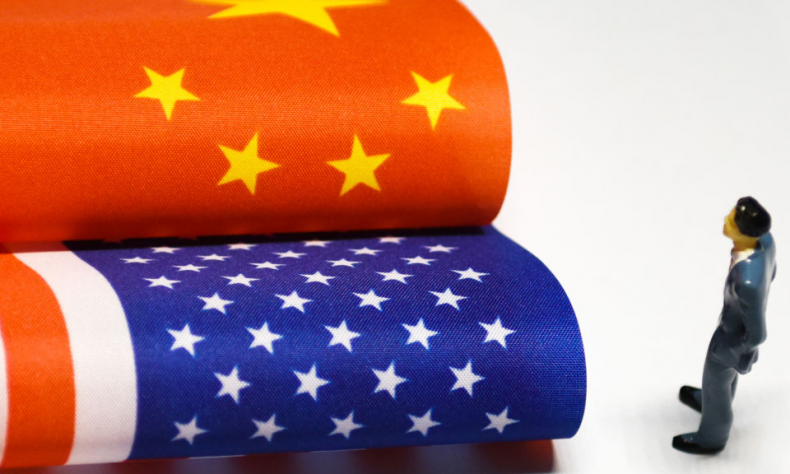
These are the sorts of things the world would like to see the U.S. and China take on together, because they want them to not just focus on zero-sum competition, but also work together on managing global challenges.
Kishore Mahbubani, a distinguished fellow with the Asia Research Institute at the National University of Singapore, said that in this small, interdependent world where countries share many common interests and challenges, China and the U.S. must find areas for cooperation instead of confrontation, during an interview with Beijing Review reporter Wen Qing. In his book Has China Won?: The Chinese Challenge to American Primacy, Mahbubani discusses his observations of China-U.S. relations. This is an edited excerpt of the interview:
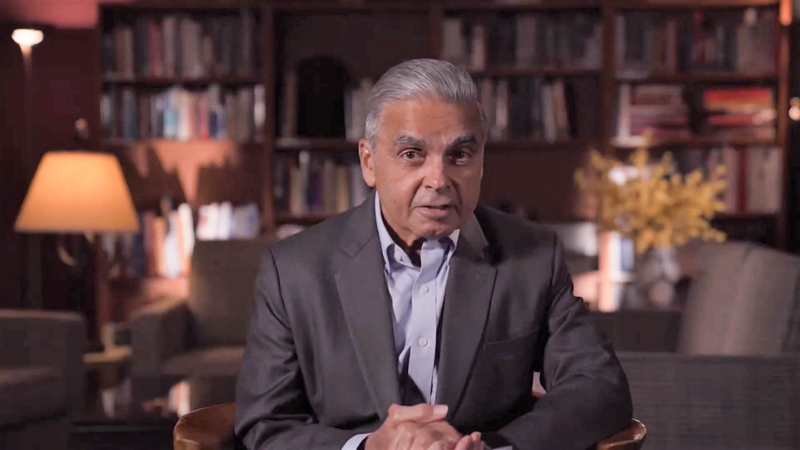
Beijing Review: In your book, you wrote that if both China and the U.S. were to focus on improving their peoples’ wellbeing, they would find no contradictions in their long-term strategies. It seems that China has been doing so, but the U.S. seems to be preoccupied with retaining its global dominance. What’s your take?
Kishore Mahbubani: I’m glad you raised a very critical point that I made in my book: the U.S. should not engage in a contest for supremacy.
Yet unfortunately, it would be difficult to change the views of many Americans, because their strategic thinking is still stuck in the 19th and 20th centuries. When you had this zero-sum games between great powers, this was the day when European powers used to fight and go to war with each other. But we no longer live in that world. We now live in a very small, interdependent world where we have many common interests and challenges to deal with.
It’s very difficult to change the American strategic thinking because of their mood. I’ve just spent three weeks in the U.S., and the overall attitude there is very negative towards China. Even though officially they refer to China as a competitor, unofficially, they call it an enemy, which is very sad.
The goal of my book, therefore, is to try and persuade Americans that there is a wiser way of dealing with China, one where the U.S. focuses on its own core interest, which is to improve the wellbeing of its people. And China, too, concentrates on its core interest, which is to improve the wellbeing of the Chinese people.
I quoted U.S. diplomat George Kennan in my book. He was a master strategist in the American competition with the Soviet Union a few decades back. He said that at the end of the day, the outcome of the U.S. and Soviet Union contest basically depended on which country was taking better care of its own people and which country enjoyed more spiritual vitality in its society. And in this particular competition, the U.S. clearly did a much better job of improving the livelihoods of its people.
Between the U.S. and China, China actually has done a better job of improving the livelihoods of its people than the U.S. has. The past 40 years of Chinese development have been the best 40 years in its thousands of years of history. By contrast, in the U.S., there has been a stagnation of middle-class incomes over the past three decades. So, the goal of the U.S. government should be to focus on improving the people’s livelihoods and not waste money fighting an unnecessary geopolitical contest.
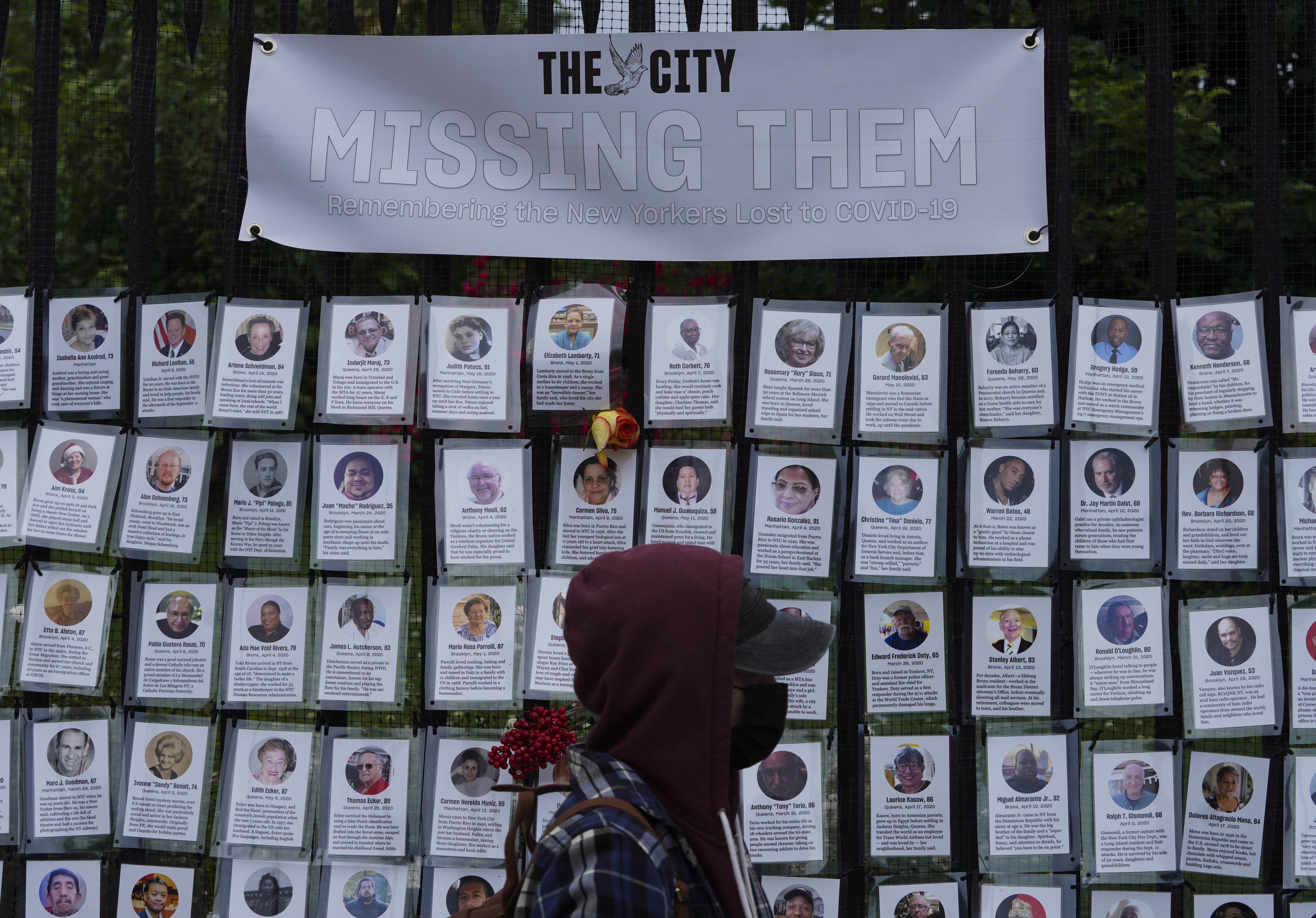
Beijing Review: As you just mentioned, many Americans see China as an enemy. Will there be a U.S. president who might be capable of making a difference?
Kishore Mahbubani: I think it would be very difficult for any American president, even if he wanted to do so, to reverse the American policy towards China. Because there is a very deep consensus in the American political body that the time has come for the U.S. to stand up against China.
President Joe Biden is a much nicer man than President Donald Trump. Indeed, he is trying to do the right thing for America in many ways, to create a middle-class foreign policy, to improve the livelihoods of the American people. But even he cannot really change anything. So far, he’s been president for 10 months. He has not been able to reverse any of Trump’s trade tariffs against China even though all economists, including current U.S. Treasury Secretary Janet Yellen, have said that these tariffs actually are hurting the American people, consumers and workers, not China.
So even though most economists consider these trade tariffs to be self-destructive, neither the U.S. nor President Biden can remove them.
But I’m glad to see there are more meetings, more dialogues taking place between the Biden administration and China. I hope in due course there will also be a face-to-face meeting between President Biden and President Xi Jinping because the two men know each other quite well. In 2011, in the capacity of U.S. Vice President, Biden was hosted by then Vice President Xi. In 2012, Biden then hosted Xi in the U.S.
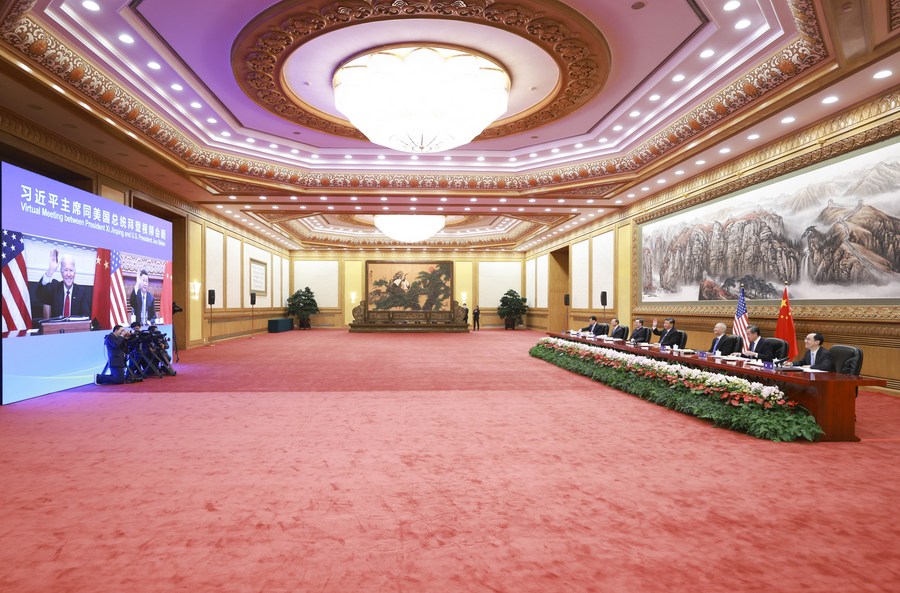
Beijing Review: Recently, Taiwan authorities acknowledged the presence of U.S. military troops on the island. What do you think is the wise answer to the Taiwan question?
Kishore Mahbubani: Among all the issues at play within the China-U.S. relationship, the Taiwan question is the most dangerous one. I predicted in my book that war is not likely to occur between the U.S. and China, but I fear that there’s one issue that can cause it—the Taiwan question.
I hope American policymakers will think very hard whether it lies in the American national interest to start a nuclear war over Taiwan. Is that really what the U.S. wants to do?
It would be very unwise therefore to change America’s policy towards Taiwan. The one thing that has kept the peace across the Taiwan Strait has been the one-China policy of the U.S. Government. And that’s the correct policy to have. As we all know, the Trump administration tried to change that, tried to step up official ties with Taiwan, a very dangerous thing to do. But I’m glad that the Biden administration has reiterated several times that they adhere to the one-China policy.
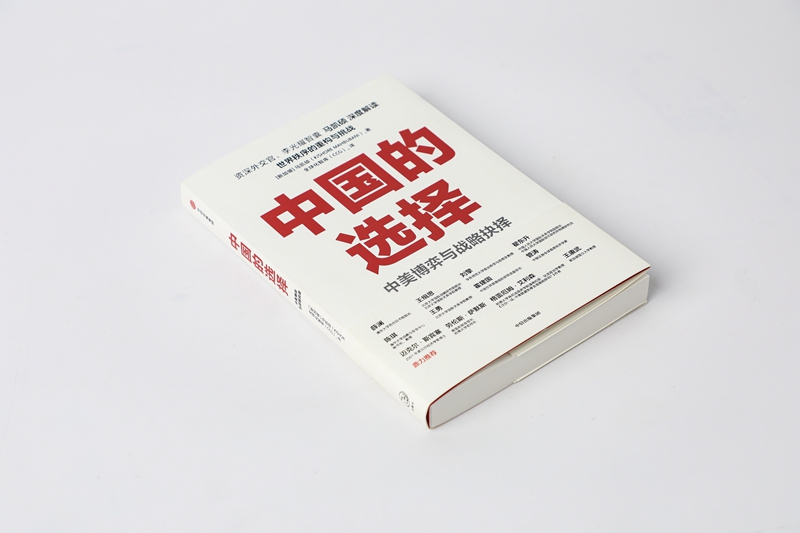
Beijing Review: As the whole world is threatened by the COVID-19 pandemic, how should China and the U.S. further promote collaboration in this aspect?
Kishore Mahbubani: COVID-19 is the common enemy, as is climate change. Nevertheless, climate change is a distant problem, which will happen in a big way 20 or 30 years from now.
The pandemic poses an immediate challenge, slowing down the global economy. It has damaged both countries. There’s a common interest to end it.
According to a study carried out by the International Monetary Fund, if the world were to spend $50 billion on vaccinating every person in the world, COVID-19 would disappear completely. Fifty billion is not a lot of money. Because in the past, during the 2008-09 financial crisis, when the Group of 20 countries came together, they gathered to save the global economy. They organized for roughly $1 trillion to be injected into countries around the world, allowing businesses to continue operating despite what was going on. Today, it should therefore not be too difficult for the U.S. and China to work with other wealthy countries and come up with $50 billion to vaccinate the world.
These are the sorts of things the world would like to see the U.S. and China take on together, because they want them to not just focus on zero-sum competition, but also work together on managing global challenges.
 Facebook
Facebook
 Twitter
Twitter
 Linkedin
Linkedin
 Google +
Google +










